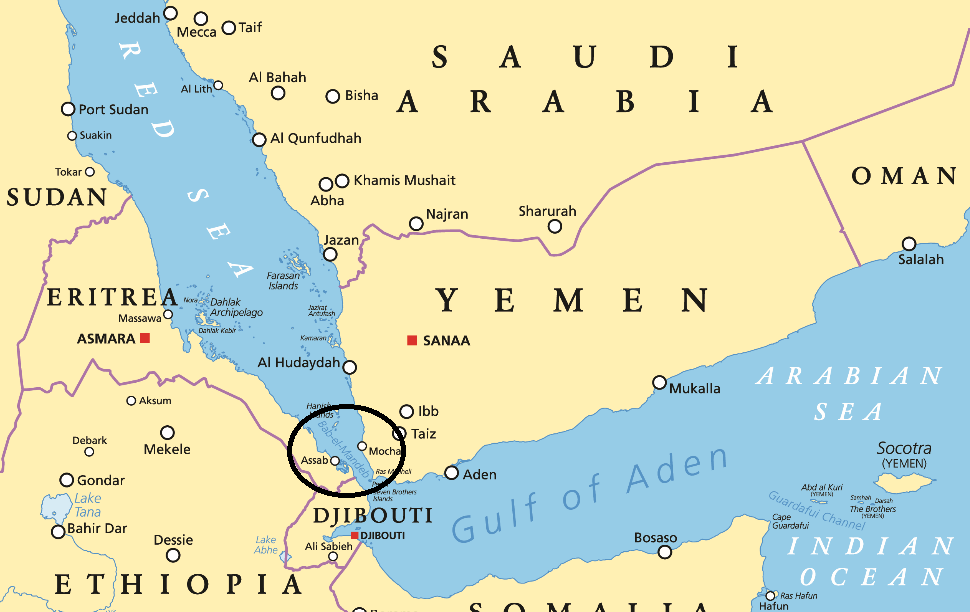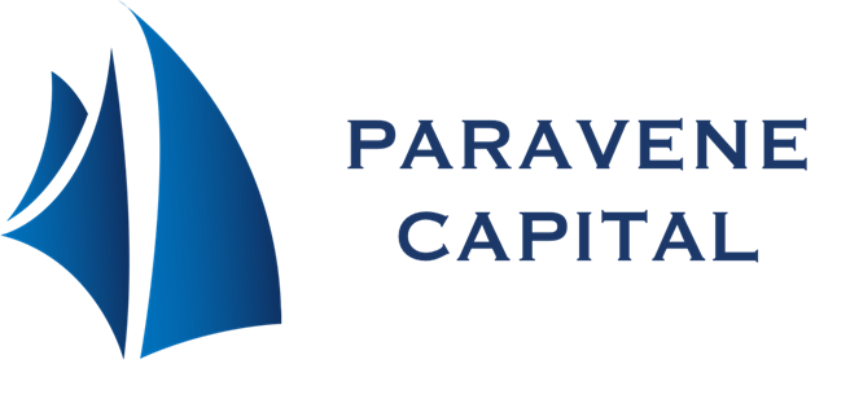The Houthi rebel attacks on vessels in the Red Sea are of significance and whilst the West seems to be in control of the Bab Al Mandab strait currently, we believe if that changes and supply chains become disrupted inflationary pressure will follow and either delay interest rate cuts or lead to sharp hikes.
Supply Shock = 20% Oil Price Spike?
Any disruption to the flow of Gulf oil exports to Europe and Asia will be impactful. This route accounts for an estimated 4.8 million barrels per day of crude oil shipments. With global energy supplies already tight, any supply constraints could send fuel prices surging. Brent crude and West Texas Intermediate oil could jump 10-20%. Even short-term oil spikes would feed through to higher inflation almost immediately. With fuel, transportation, and production costs rising, the prices of food, clothing, electronics, toys, building materials, and most other products would have to rise.
Everything Disrupted. Not Just Oil
The strait is also a critical route for consumer goods and industrial materials. Everything from electronics to clothing to automobiles pass through this maritime chokepoint. Ships would have to sail around the southern tip of Africa, adding weeks to voyage times and considerable expense. Backlogs at ports would grow, and supply chains would be strained trying to redirect cargo through alternate routes. With companies worldwide still recovering from supply chain breakdowns during the COVID-19 pandemic, any new disruptions would fuel inflation.

Overall inflation measures like the Consumer Price Index would likely see a sizable boost within a couple months of any Bab Al Mandab blockade. To put the potential scale of cost increases in perspective, the August 2022 CPI inflation reading was 8.3%[1] before accounting for any Middle East supply chain risks.
Price indexes for fuel oil were up in double digits over the past year while the transportation index rose by high single digit. Any additional oil shocks or supply shortfalls would put more upward pressure on those categories. Even a few months of blocked shipments through Bab Al Mandab could possibly send America’s inflation rate back into double digits.
The chart below shows the correlation over time between supply chain pressure and inflation. The 2011 disruption to car production following the earthquake and tsunami in Japan is highlighted. The most significant spike however follows supply chain breakdowns during the COVID-19 pandemic. Levels have now returned to below historical norms but for how long?
Source: Bloomberg
Stagflation Threat
Central banks may come under pressure to tighten monetary policy at a faster pace to counteract inflationary effects. However, they also face risks of recession in many economies, so would likely tread cautiously. Overall, an oil supply shock from a Houthi blockade could see a rise in both inflation and recession risks. This “stagflationary” environment would create complexity for policymakers and financial markets.
Given this level of uncertainty, and the potential significance of any escalation in events, we believe that investors should consider a systematic macro trading strategy with 100% capital protection.
The PCIM All Weather strategies are reflecting these scenarios in their theme selections and weightings of the underlying algorithms to capture:
- Any oil price shock and other commodity supply issues
- Short term rate rises if an oil shock adds to inflation but mindful that higher rates could also slow growth and lead to recession.
- Low yielding currency rate differentials versus US$ but there are cross-currents to consider
- Higher oil prices benefiting energy and commodity exporting emerging markets but being detrimental for net importing emerging market countries. Chinese equities may also struggle.
- A potential underperformance Nasdaq indexes relative to more value/cyclical based indices with better leverage to higher commodity prices. A tech selloff could create opportunities if growth decelerates.
An oil supply shock would create complexity across assets. There are however, opportunities to position for higher energy prices, inflation momentum and policy tightening through parts of commodity, equity and interest rate markets. But substantial risks around global growth and potential overtightening caution against one-way bets. Active and agnostic trading strategies with capital protection are crucial to navigate cross-currents in this scenario of rising stagflation risks.
Paravene Capital is a multi-strategy Investment Manager, that marries proven systematic trading strategies with downside protection structures to deliver uncorrelated, stable return streams. To find out more about us please visit our website: https://www.paravenecapital.com/.
[1] Source: Bloomberg
Important Information
Published on 23 January 2024.
For professional investors only.
This document reflects the views of Paravene Capital Investment Management (PCIM) based upon information believed to be reliable as of the publication date. There is no guarantee that any forecast or opinion will be realized. This document is provided for informational purposes only. Nothing herein constitutes investment advice or a recommendation relating to any security, commodity, derivative, investment management service, or investment product.
Issued by PCIM an approved investment manager regulated by the Financial Services Commission, British Virgin Islands.


